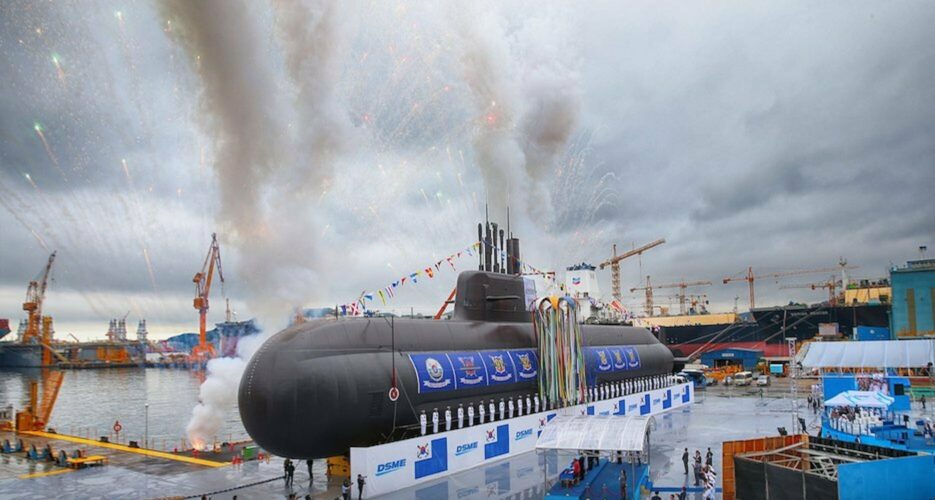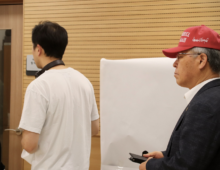While advanced nuclear reactors could help reduce emissions and lower costs, military temptations will persist
South Korea has come under heavy pressure to reduce carbon emissions as it relies primarily on shipping for its international trade. To address the issue, Seoul announced the 2030 Green Ship-K Promotion Strategy in 2020 and passed the Carbon Neutrality and Green Growth Act in Sept. 2021, which mandates that the country achieve carbon neutrality by 2050.
Part of the Yoon administration’s strategy to reduce carbon emissions has been to increase the country’s reliance on nuclear energy. ROK shipping firms have also embraced the technology, aiming to maintain their status as industry leaders for the foreseeable future.
South Korea has come under heavy pressure to reduce carbon emissions as it relies primarily on shipping for its international trade. To address the issue, Seoul announced the 2030 Green Ship-K Promotion Strategy in 2020 and passed the Carbon Neutrality and Green Growth Act in Sept. 2021, which mandates that the country achieve carbon neutrality by 2050.
Part of the Yoon administration’s strategy to reduce carbon emissions has been to increase the country’s reliance on nuclear energy. ROK shipping firms have also embraced the technology, aiming to maintain their status as industry leaders for the foreseeable future.
Get your
KoreaPro
subscription today!
Unlock article access by becoming a KOREA PRO member today!
Unlock your access
to all our features.
Standard Annual plan includes:
-
Receive full archive access, full suite of newsletter products
-
Month in Review via email and the KOREA PRO website
-
Exclusive invites and priority access to member events
-
One year of access to NK News and NK News podcast
There are three plans available:
Lite, Standard and
Premium.
Explore which would be
the best one for you.
Explore membership options
© Korea Risk Group. All rights reserved.
No part of this content may be reproduced, distributed, or used for
commercial purposes without prior written permission from Korea Risk
Group.












